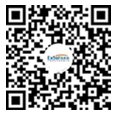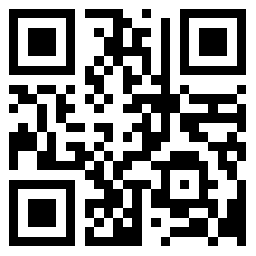Neonatal immune activation during early and late postnatal brain development differently influences depression-related behaviors in adolescent and adult C57BL/6 mice
发表时间:2015-11-15 浏览次数:1836次
Majidi-Zolbanin J, Doosti MH, Baradaran B, Amani M, Azarfarin M, Salari AA. Neon
Jafar Majidi-Zolbanin1, Mohammad-Hossein Doosti1,
1 Immunology Research Center, Tabriz University of
2014
35-39
其他外文数据库
Aim: Immune challenge during early and late neonatal periods can induce robust alterations in physiological and behavioral functions, resulting in greater risk for the development of neuropsychiatric disorders, such as anxiety and depression, later in life. In addition, previous studies concluded that increasing age correlates with increased depression behaviors in humans and rodents. This study aimed to investigate for the first time whether immune challenge with a viral mimic, synthetic double-stranded ribonucleic acid (Poly I: C) during different neonatal periods can differently affect depression-related behaviors in adolescent and adult mice. Methods: Male C57BL/6 mice were treated with either saline or Poly I:C (1 mg/kg and 4 mg/kg) on postnatal days (PND) 3-5 (early neonatal phase) or PND 14-16 (late neonatal phase), and then subjected to behavioral tests, including tail suspension test and forced swimming test, during adolescence (PND 35 or 40) and adulthood (PND 85 or 90). Results: The results demonstrated that early neonatal immune activation increases depression-related behaviors in both adolescent and adult mice, but late neonatal immune activation only increases depression in adult mice. In other words, these findings indicated that the nature of the offspring's neuropathology can depend on the severity of the insult, the pup's age at the time of the insult, and offspring age at the time of behavioral testing. Conclusion: These findings suggest that dose and timing of neonatal insult and offspring age may be important factors for evaluating neuropsychiatric disorders in adults who experienced early life infection.












